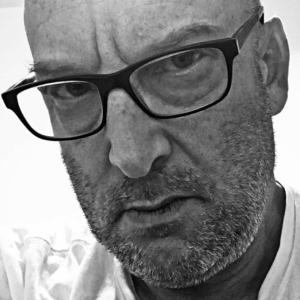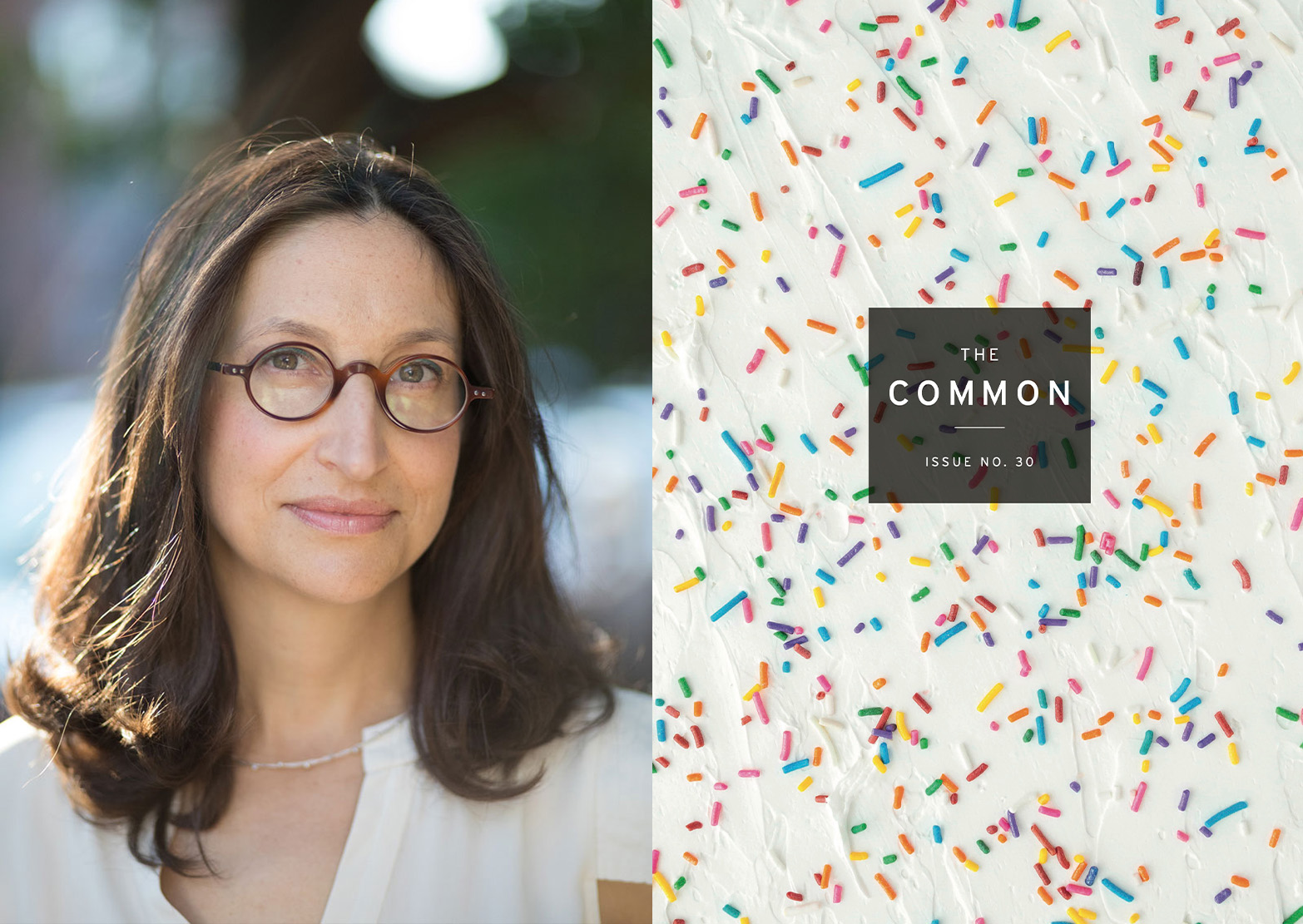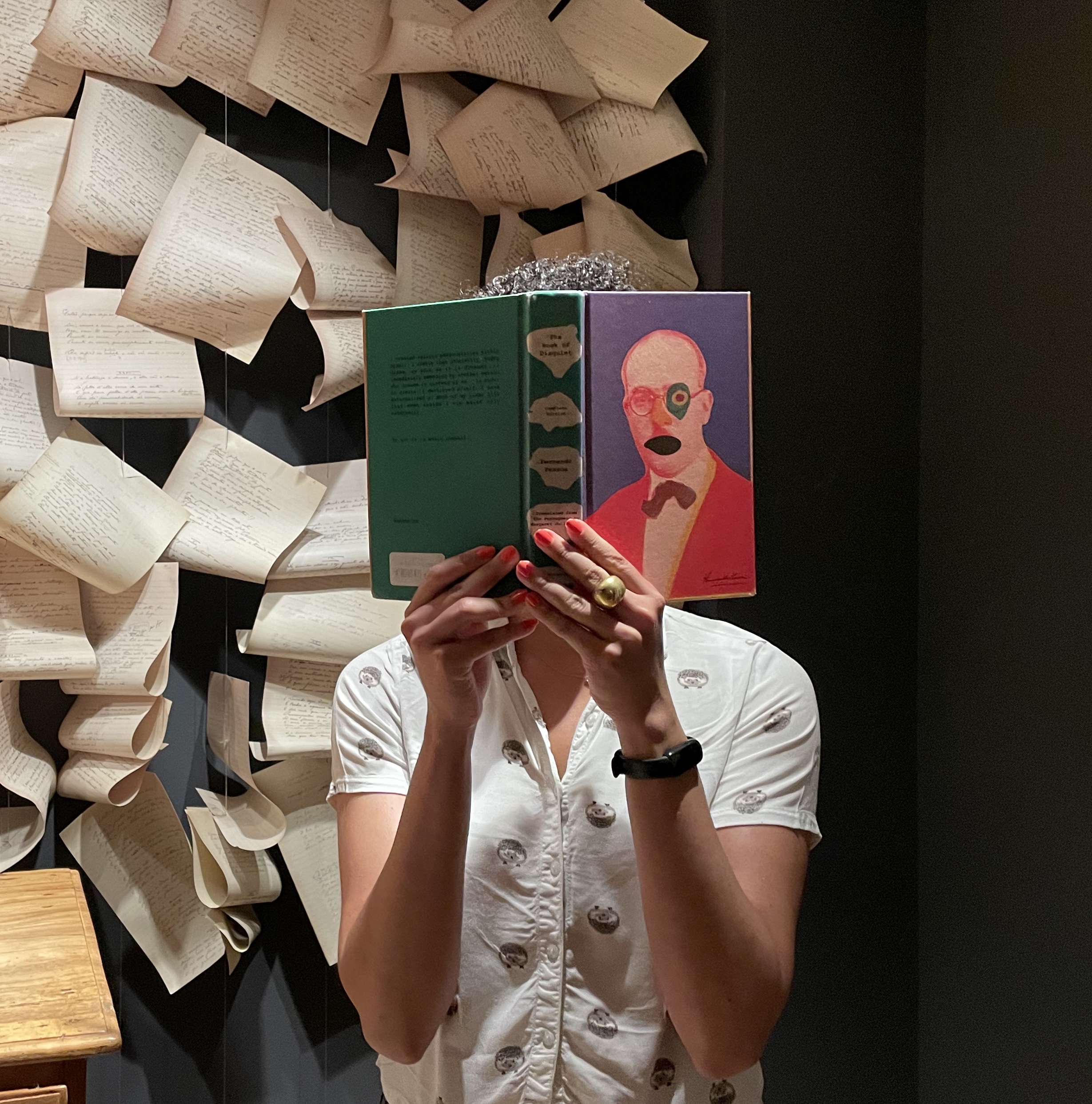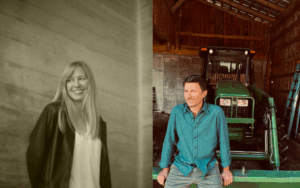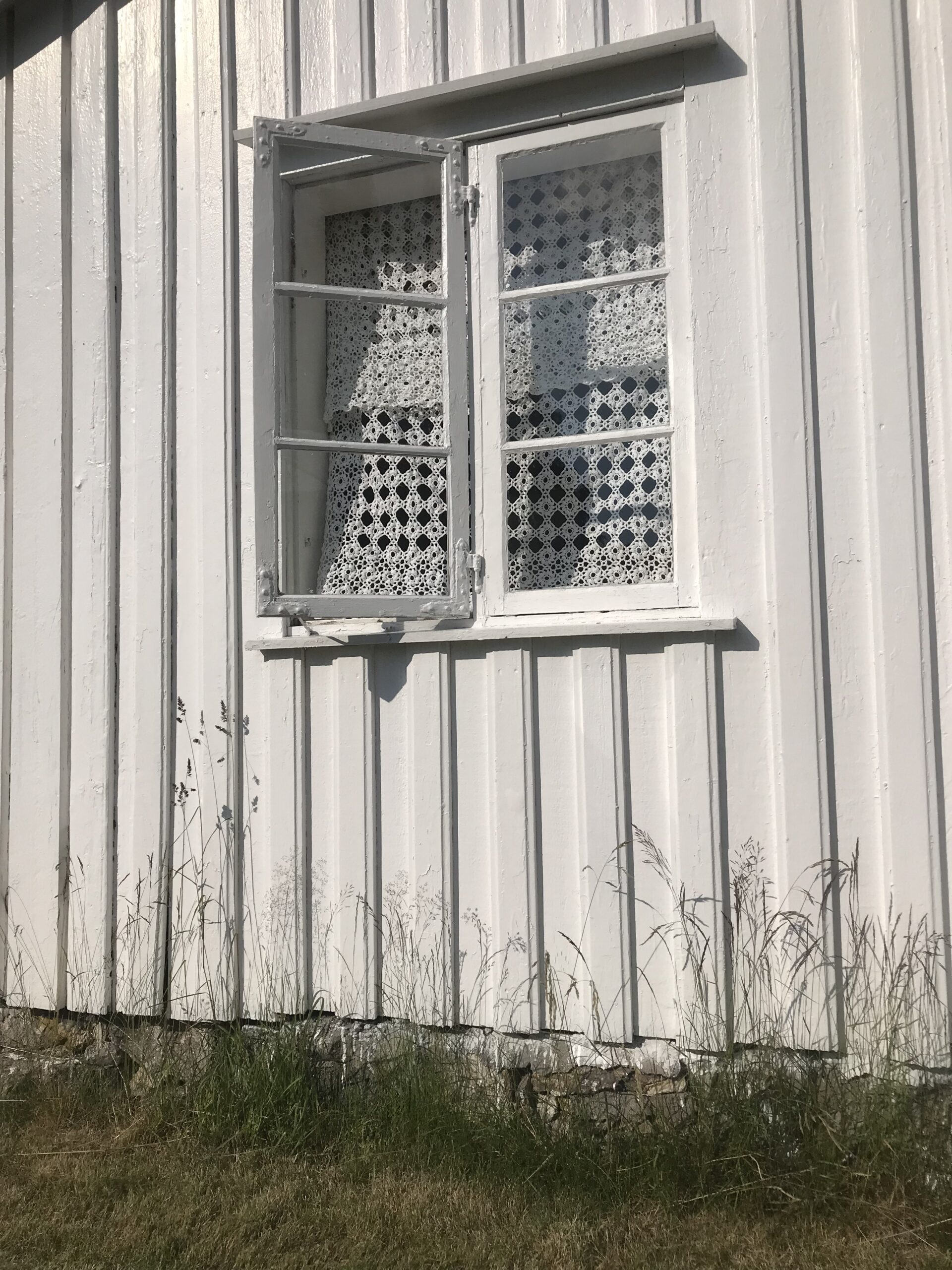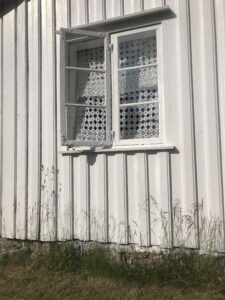2025 was a momentous year for The Common: our fifteenth anniversary, our 30th issue, even a major motion picture based on a story in the magazine. We’re more grateful than ever for our readers, contributors, donors, and friends.
Before we close out this busy year of publishing, we wanted to take a moment to reflect on the unique, resonant, and transporting pieces that made 2025 memorable. The Common published 269 contributors this year. Below, you can browse a list of the ten most-read new pieces of 2025 to get a taste of what left an impact on readers.
*
Candy and Layer Cake: Zack Strait in Conversation with Richard Siken (and Five Poems)
“The whole world seemed like a five-paragraph essay but poetry rubbed against that. It was contrary and rebellious. That summer it rained a lot, and hard. We had a 100-year flood. It washed out bridges. I saw a house on the edge of a swollen wash lose its backyard and then get swept away. I didn’t want to talk about it, I wanted to make somebody feel it. I started writing every day. I was very bad at it. ”
—Richard Siken

